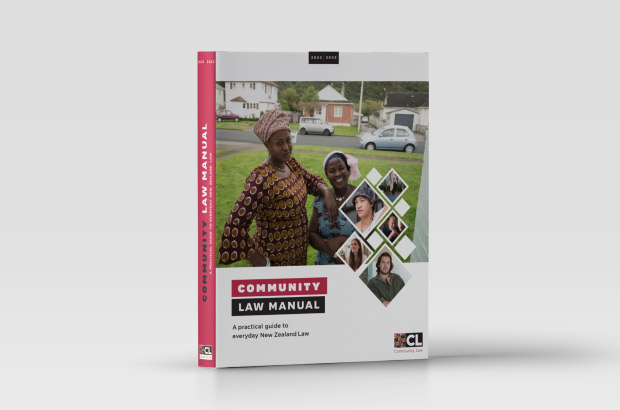Family Court orders for your welfare and property: How decisions can be made when there’s no EPA
The court process
What’s a pre-hearing conference?
The first step after someone applies to the Family Court is usually a pre-hearing conference with a judge.
The judge will set up a meeting with you and the person who made the application (the “applicant”). The goal of this meeting is to:
- identify the problem, or the issue that the applicant trying to resolve, and
- see if you and the applicant can agree on an outcome without the court having to make the decision on your behalf.
If the pre-hearing conference doesn’t resolve the issue, the case will go to a full Family Court hearing.
Do I go to the Family Court hearing?
Protection of Personal and Property Rights Act 1988, ss 74, 75
Usually, yes. You have to be at the hearing unless the judge believes that:
- you’re completely unable to understand the case, or
- being at the hearing might cause you serious mental, emotional or physical harm, or
- you’re disrupting the hearing to the point that it can’t carry on with you there.
Who’ll speak up for me and what I want to happen?
Protection of Personal and Property Rights Act 1988, s 65
You’ll get a lawyer. If you don’t already have a lawyer, the Family Court will appoint a lawyer for you. Their fees will be paid by the government.
Your lawyer will:
- help you understand the application and go through the court process
- look into why the application was made, and what solutions have been suggested
- ask you for your opinion about the application and how you want to respond
- follow your instructions as much as possible, and try achieve what you want, and
- make recommendations to the court. They should try find solutions that resolve the issue in the least restrictive way possible, and keep your ability to make decisions for yourself as much as you can.
Urgent applications
Protection of Personal and Property Rights Act 1988, s 30
If the judge decides there’s an urgent need to protect your property, they can appoint a property manager temporarily, for up to three months.
You won’t necessarily know that someone has applied for a temporary order, and you don’t have the right to attend or be heard at the court hearing unless the judge orders this. To make a temporary order the judge doesn’t have to be fully convinced that you’re no longer mentally capable, just that there are reasonable grounds to believe this.


